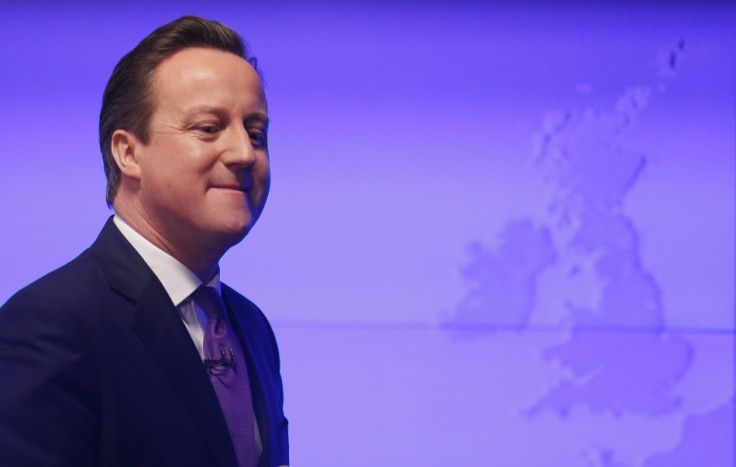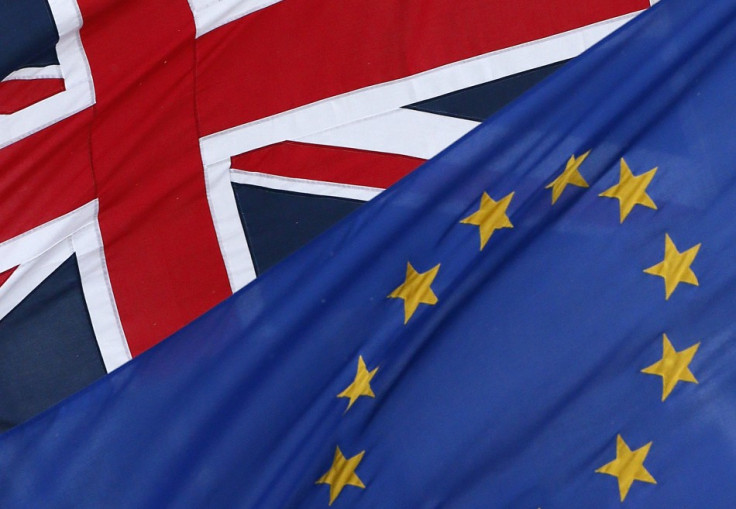Why Europe Should Give Cameron What Britain Wants: A Continental View

David Cameron's much-awaited speech on the EU has met widespread criticism across continental Europe and particularly in the eurozone. Nevertheless the eurozone would be better off giving him what he says Britain wants, according to a distinguished European analyst.
Numerous exponents of the EU and of its 27 member governments voiced concern about Cameron's call for some powers to "flow back" from Brussels to the UK and his pledge to hold a referendum on Britain's permanence in the union.
"Cameron's Europe á la carte is not an option," said the Speaker of the European Parliament Martin Schulz, echoing French foreign minister Laurent Fabius.
"Let's imagine Europe is a football club and you join, but once you're in it you can't say, 'Let's play rugby'," added Fabius.
But some European observers were on Cameron's side. "I think they are wrong," said Sergio Fabbrini, professor of political science and international relations at Luiss Guido Carli University in Rome.
Fabbrini said that opposition to Cameron's call for a flexible Europe hails from an old view of the EU that has ceased to exist.
"We have to give up the idea that there is only one union," Fabbrini said. "If we remain within the paradigm of a unitary Europe, as most leaders do, of course Cameron's requests and criticisms will be refused and considered as a sort challenge to the very fragile equilibrium the EU is leaning on."
However the euro bloc already represents a living exception to the idea of a Europe working within the same given set of rules and for the same goals, he added.
"The euro crisis is changing dramatically the organisation of the EU, and Cameron recognises it well," Fabbrini added. "His speech is in the tradition of good British political realism."
To get out of the financial crisis and save its members from financial bankruptcy, euro member states need to have a common fiscal, budgetary and economic policy, according to the professor.
"The eurozone needs to further integrate politically to have an effective crisis management and effective crisis prevention in the future," Fabbrini said. "Without this integration the single currency will be always at risk."

Defeating nationalism
However, political integration is unpopular and would be vetoed by non-eurozone countries such as Britain. That means EU development is stuck, he claimed.
"You cannot oblige the British to enter a political union they don't want and you cannot oblige the Italians or Germans and others to give up the idea," Fabbrini said.
Europe and the single currency was more than a simple economic matter. "It is the answer to the question of German unification.
"It is necessary to keep under control evil nationalisms. For the British is different because their nationalism was useful to defend democracy; In Italy, Germany, Spain, it was used to defeat democracy. They are two completely different experiences and they can't go together."
According to Fabbrini, the solution is to review European treaties, as demanded by Cameron, but creating two different Europes, a Euorpean economic union and a European political union - tied by the single market.
"We have to maintain the single market and we can relax some part of it. Cameron is right in saying that the EU should not decide, for example, the working hours of British hospital doctors, and it is possible to have a single market less centralised and Brussels-based. At the same moment within the single market but also outside its organisations, a group of countries should go on and have a closer union."
"So here is the deal: We allow you [the UK] to have more room for manoeuvring within the single market, but let us move on to create a eurozone treasury in charge of financial policy, let us create a budget of the eurozone controlled by the European parliament, and let us develop a president of the euro area, elected by the voters of the eurozone."
Security and defence cooperation would go on by other means such as within Nato, and the economic union would take advantage of a looser set of rules to allow the entrance of other countries such as Turkey.
"We can speak the same language, buy the same goods and stay in the same marked with a different political project," Fabbrini concluded.
© Copyright IBTimes 2025. All rights reserved.






















